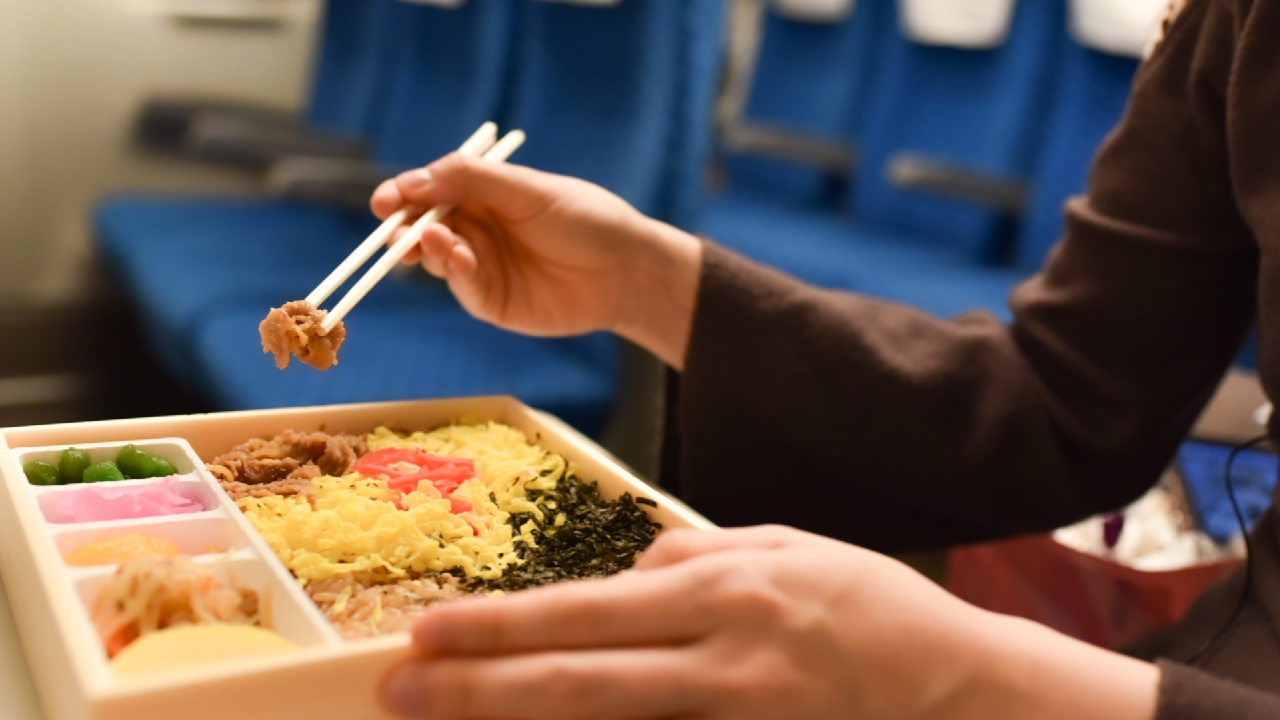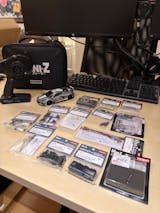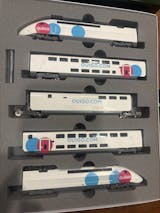There's something truly special about savoring a meal while watching the world glide by outside a train window. In Japan, this simple pleasure is elevated to an art form with the ekiben – the quintessential station bento box. More than just a meal, an ekiben is a meticulously crafted culinary experience, deeply interwoven with the fabric of rail travel and the unique identity of each region it hails from. It’s a delightful part of the journey, savored by both daily commuters and adventurers alike.
A Rich History on the Rails

The story of the ekiben stretches back over a century, beginning with humble origins. While the exact first sale is debated, it is widely believed that Utsunomiya Station played a pioneering role. As railway lines expanded and connected distant towns, so too did the need for convenient, portable sustenance for travelers. These early offerings might have been simple rice balls, but they laid the foundation for the diverse and elaborate bento boxes we see today.
From Necessity to Cultural Icon

Over time, ekiben evolved from mere sustenance into a cultural phenomenon. As train speeds increased and journeys became longer, particularly with the advent of high-speed rail like the Shinkansen, the dining car concept gradually faded. This shift unexpectedly created a wider market for ekiben, cementing its place as the primary onboard dining choice. Travelers began seeking out these unique boxes, transforming a practical need into a cherished ritual.
A Taste of Regional Identity

What makes an ekiben so captivating is its profound connection to locality. Each bento is a miniature edible postcard, reflecting the culinary traditions, seasonal ingredients, and often even the local folklore of its origin station. From the freshest seafood in coastal areas to perfectly prepared regional meats and vegetables from inland prefectures, ekiben are designed to tell a story through taste. This regional specialization fosters a sense of discovery, encouraging travelers to sample different offerings as they traverse the country.
The Art of the Bento Box

The presentation of an ekiben is as important as its flavor. These aren't just meals; they are intricate arrangements of color, texture, and aroma. Often, the packaging itself is a work of art, featuring illustrations of local landmarks, characters, or train designs. Some even come in unique containers, like ceramic pots or wooden boxes, which become cherished souvenirs long after the last bite. This attention to detail transforms a simple lunch into a memorable part of the travel adventure.

Beyond the Station: Ekiben's Broad Appeal
Beyond the railway platforms, the allure of ekiben has even extended its reach. Large annual ekiben festivals, held in prominent department stores in cities like Tokyo (famously at Shinjuku Station's Keio Department Store) and Osaka (at the Hanshin Department Store), draw massive crowds eager to sample a vast array of regional specialties without leaving the city. These events underscore the widespread affection and cultural significance of these beloved train station meals.

Inspiring the Miniature World
This rich tapestry of Japanese rail travel, from the iconic Shinkansen and Limited Express trains to the diverse culinary delights offered at its stations, frequently provides profound inspiration for the scale modeling world. Enthusiasts globally recreate these dynamic scenes, building miniature railways that reflect the very landscapes and experiences that make ekiben so special. The detailed trains, bustling stations, and charming, region-specific elements that characterize ekiben culture all find a celebrated place within these meticulously crafted miniature worlds.







